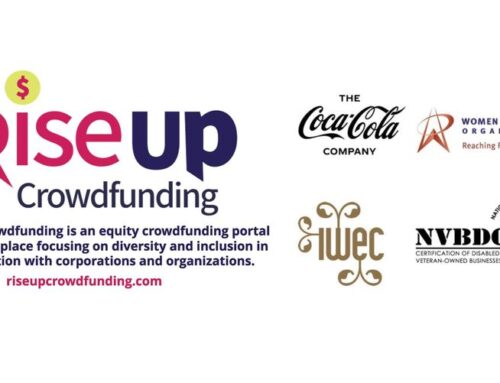Today we look back at more recent history – the past twelve months, to be exact. It was a momentous year for technology, with the phrase “Techlash” commonly used to refer not just to one but several issues which gave the public pause about the role of technology and the tech sector in people’s lives. As the calendar turns to 2019, we consider what the last year will likely mean to what will surely be an important New Year. Here’s our list of ten developments to think about.
1. PRIVACY: Privacy protection deepens in Europe and spreads to the United States
When 2018 began, we knew it would be a big year for privacy. The European Union’s impending implementation of the General Data Protection Regulation, or GDPR, was enough to make that the case for every company with customers in Europe. Given the GDPR’s technical nature, it’s not surprising that 2019 begins with continuing work to interpret the regulation.
But 2018 also became an eventful privacy year elsewhere, and in some surprising ways. Most notably, a San Francisco real estate developer named Alastair Mactaggart spent more than $3 million of his own money to gather signatures to place a consumer privacy initiative on California’s November ballot. The campaign led to intense negotiations in Sacramento and the adoption of a new and sweeping California Consumer Privacy Act. It’s a welcome development that brings comprehensive privacy protection to one of every eight residents in the United States.
As we begin 2019, California’s new law has led even opponents who long resisted comprehensive privacy legislation in Washington, D.C. to discover something akin to new religion. Rather than face a patchwork of state rules, they’ve started lobbying Congress to adopt a privacy law that will preempt California’s law and other state measures. In effect, Mactaggart has succeeded where many others have failed, including those of us at Microsoft who’ve called for national privacy legislation since 2005. Look to the next few months for the spread of privacy legislation to several other state capitals, all of which will set the stage for an even bigger debate on Capitol Hill.
In Europe itself, the New Year begins with important questions in Brussels about privacy’s future. The continent gave birth to the requirement that companies provide notice and consent before obtaining and using people’s information. In an era of ubiquitous privacy notices, officials question whether privacy law should go farther and regulate even more directly how consumer information can be used.
Ultimately, privacy is a priority that technology can do more to help advance as well. With the issue itself continuing to spread around the world, look for more tech companies to invest in privacy-related innovation. At Microsoft, this now includes a broad range from additional privacy user controls to next-generation AI techniques to train algorithms while data remains encrypted.


